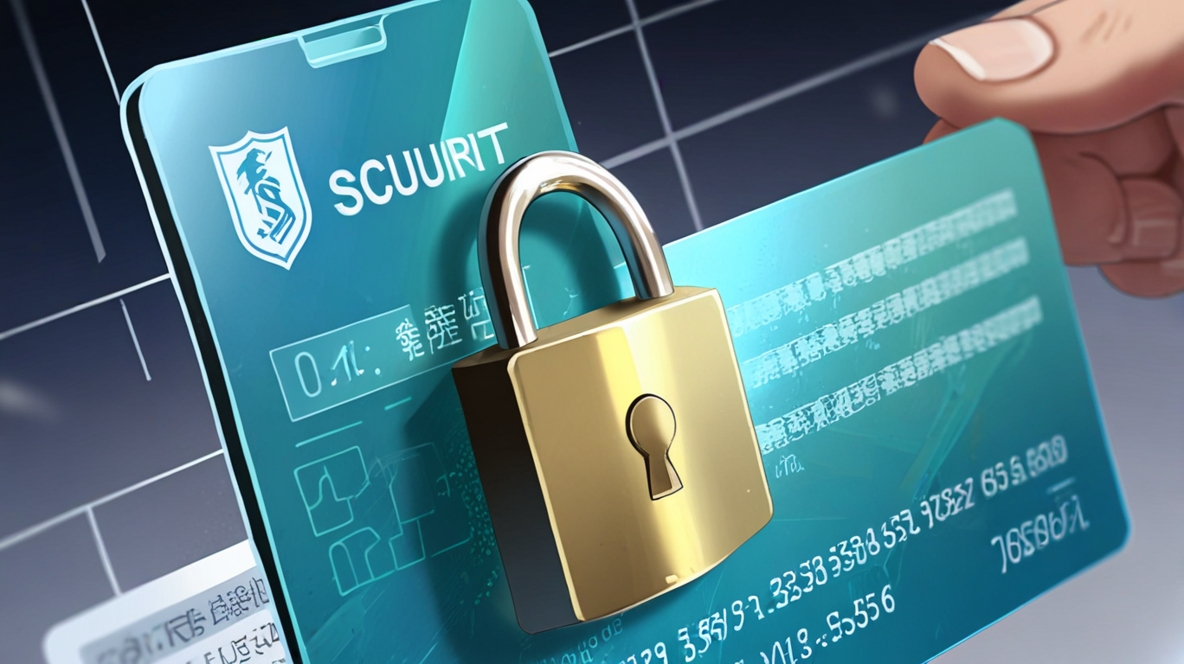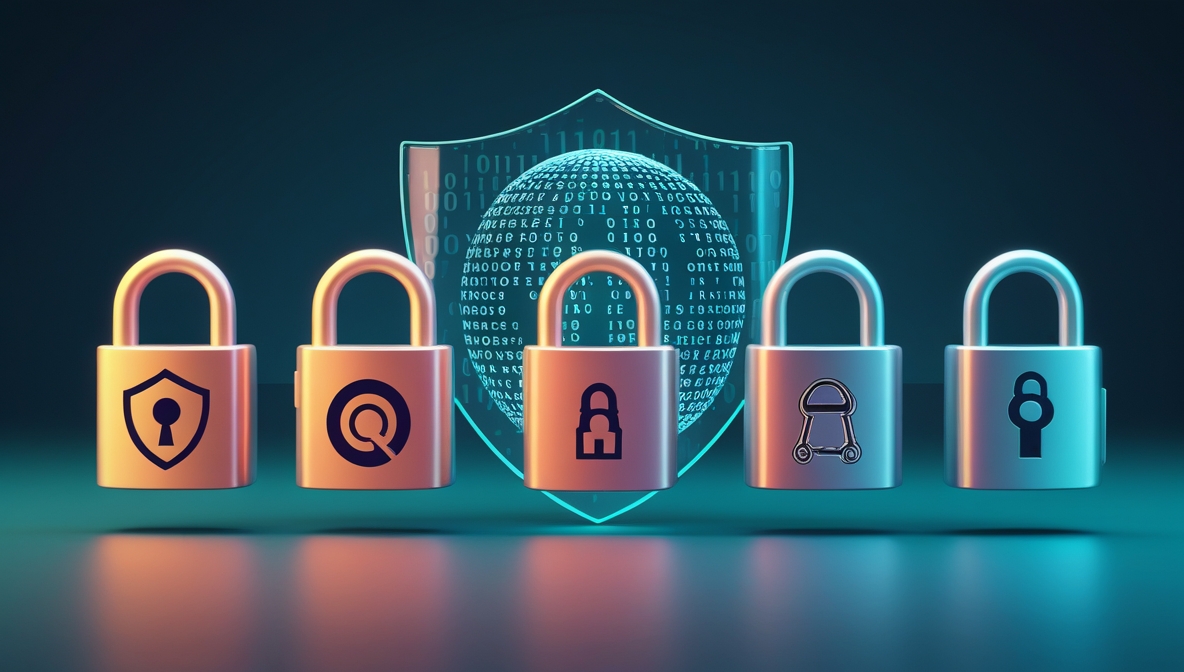Your Social Security Number (SSN) is more than just a number—it's a critical key to your personal and financial identity. Unauthorized access to your SSN can result in identity theft, financial fraud, and irreversible damage to your credit and reputation. As we navigate an increasingly digital world, safeguarding this sensitive information has become more essential than ever.
Why Your Social Security Number Is So Valuable
Your SSN is a master key. It provides access to bank accounts, credit histories, tax records, government benefits, and even medical files. Criminals covet this nine-digit code because it enables them to open fraudulent accounts, file fake tax returns, or even commit crimes under your identity.
Top Methods Thieves Use to Steal Social Security Numbers
Understanding how attackers operate helps fortify your defenses. Here are the most common ways SSNs are compromised:
-
Phishing Emails and Calls – Fraudsters impersonate banks, government agencies, or employers to trick individuals into revealing their SSNs.
-
Data Breaches – Hackers often steal SSNs during breaches of corporations, schools, hospitals, or government agencies.
-
Mail Theft – Physical documents like tax returns or Social Security statements can be intercepted from your mailbox.
-
Dumpster Diving – Discarded documents with sensitive data can be scavenged from trash bins.
-
Skimming Devices – These are installed on ATMs or card readers to steal card info, sometimes linked to SSN accounts.
Practical Steps to Protect Your Social Security Number
1. Store Documents Securely
Never carry your Social Security card in your wallet or purse. Keep it and other sensitive documents in a locked, fireproof safe. Only bring your SSN card when absolutely necessary, such as for employment verification.
2. Limit Disclosure
Only disclose your SSN when it is legally required. Ask the following questions before sharing it:
-
Why is my SSN needed?
-
How will it be used?
-
How is it stored and protected?
-
What happens if I refuse to give it?
If the entity cannot provide a satisfactory answer, consider refusing.
3. Shred Before Disposing
Use a cross-cut shredder to destroy papers containing personal information, especially tax documents, medical records, and bank statements. Never toss anything with your SSN in the trash whole.
4. Use Strong, Unique Passwords for Online Accounts
Secure your online profiles with complex passwords and multi-factor authentication. Avoid using SSNs or any part of it (like birthdates) in passwords.
5. Monitor Your Credit Reports Regularly
Under federal law, you are entitled to a free credit report annually from each of the three major bureaus—Equifax, Experian, and TransUnion—via AnnualCreditReport.com. Check for any accounts you didn’t open or suspicious inquiries.
6. Sign Up for Credit Monitoring and Identity Theft Protection
Use trusted credit monitoring services that alert you in real-time if your SSN is used to apply for loans, open new accounts, or is found on the dark web.
7. Freeze Your Credit
A credit freeze restricts access to your credit report, making it difficult for thieves to open accounts in your name. It’s free and can be temporarily lifted when needed.
Protecting Your SSN in the Digital World
1. Beware of Social Engineering Attacks
Scammers may pose as IRS agents, bank employees, or tech support to trick you into revealing your SSN. Never give out personal information unless you initiated the contact and trust the source.
2. Avoid Public Wi-Fi for Sensitive Transactions
Hackers can intercept data on unsecured public networks. Use a Virtual Private Network (VPN) when accessing sensitive websites or managing personal accounts in public spaces.
3. Update Software and Security Settings
Always keep your operating systems, browsers, and antivirus programs updated. Set your device security settings to the highest available level.
4. Use Encrypted Communications
When sharing any sensitive data online, ensure the website has a secure HTTPS connection and uses end-to-end encryption.
What to Do If Your Social Security Number Is Compromised
1. Notify the Federal Trade Commission (FTC)
File a report through IdentityTheft.gov and receive a personalized recovery plan. The FTC will guide you through placing fraud alerts, recovering stolen accounts, and dealing with debt collectors.
2. Contact the Social Security Administration (SSA)
Reach out to the SSA at 1-800-772-1213. While they rarely issue new numbers, they may do so if your situation meets their criteria for severe identity theft.
3. File a Police Report
For crimes involving SSN misuse, especially with significant financial consequences, it’s essential to file a report with local law enforcement.
4. Notify Credit Bureaus and Financial Institutions
Place a fraud alert or freeze your credit immediately. Inform your banks, lenders, and insurance providers about the breach and monitor your accounts closely.
5. File a Tax Fraud Affidavit with the IRS
If someone uses your SSN to file a tax return, submit Form 14039: Identity Theft Affidavit to the IRS. They will help you correct your records and prevent future abuse.
How to Keep Children’s SSNs Safe
Children are increasingly targeted for synthetic identity theft because their credit is rarely checked until adulthood. Here's how to protect them:
-
Secure their birth certificates and Social Security cards just as you would your own.
-
Request a credit freeze for your child from all three credit bureaus.
-
Be cautious when filling out school forms—ask if the SSN is mandatory or if another identifier can be used.
-
Monitor their identity just as vigilantly as yours.
Conclusion: Vigilance Is Your First Line of Defense
Your Social Security Number is a gateway to your identity, and protecting it should be a daily habit, not a one-time task. From safeguarding documents and limiting exposure to embracing digital security practices, every measure you take builds a stronger shield against identity theft.
Stay proactive, stay informed, and take control of your personal data before someone else does.




